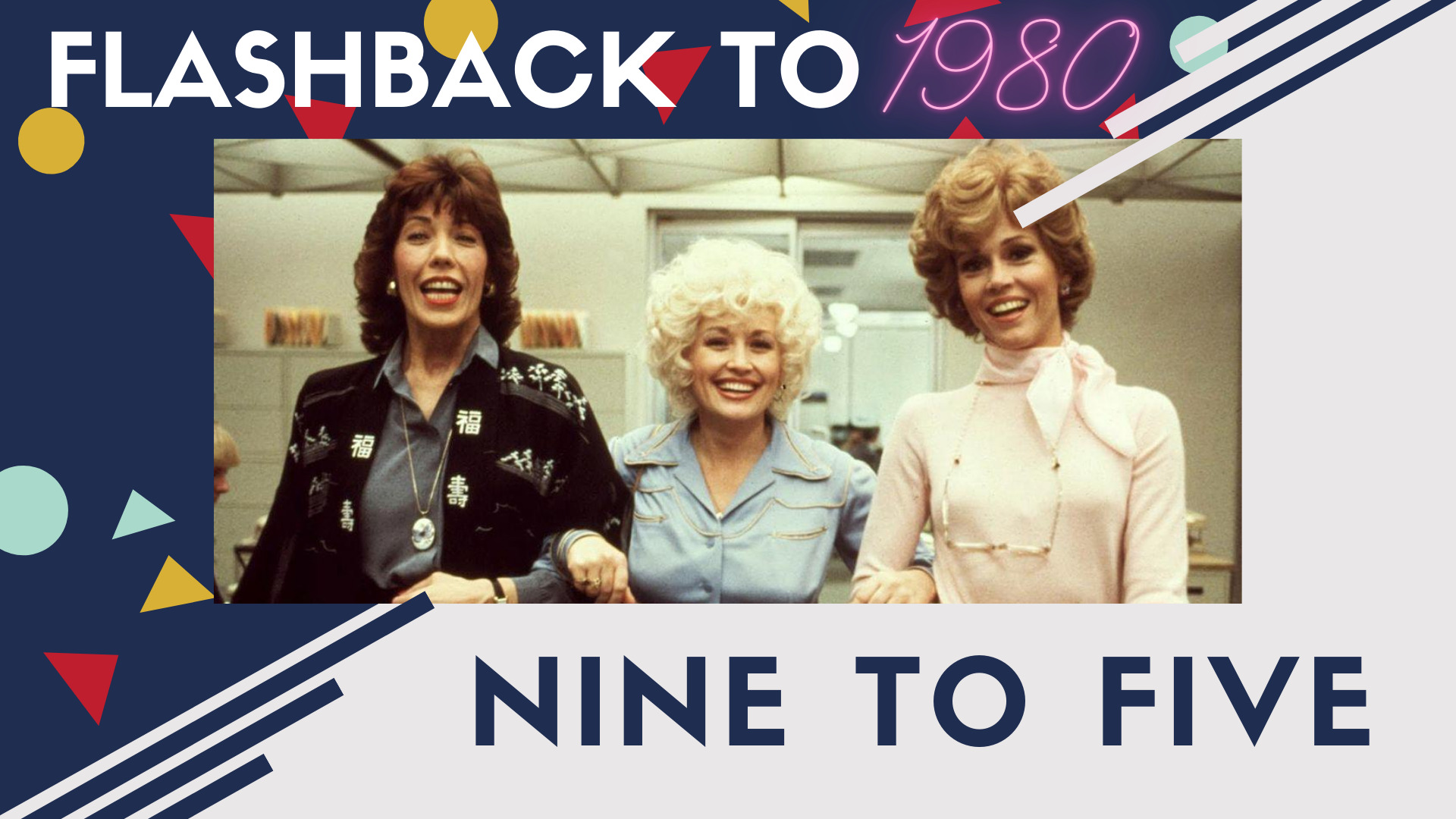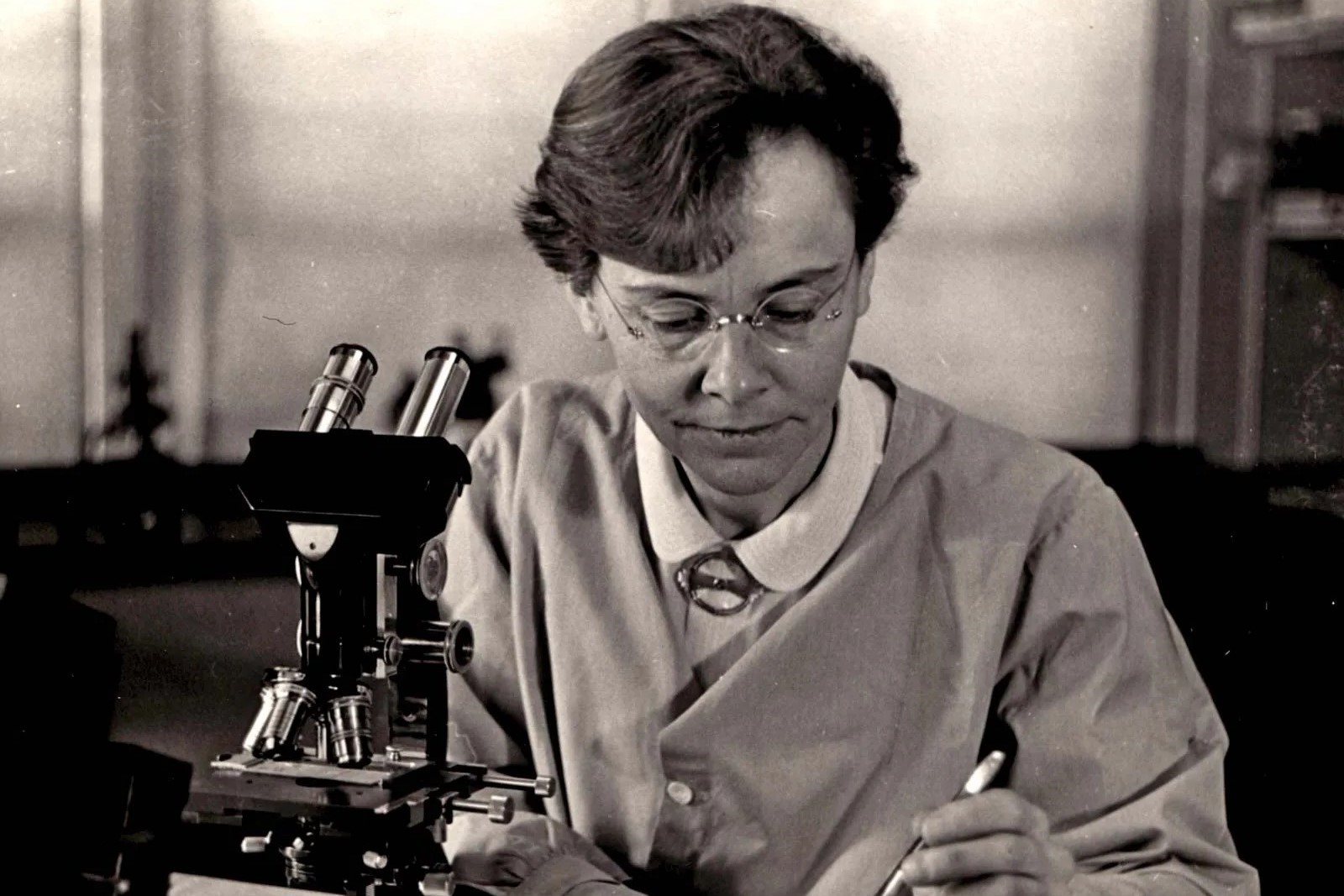
Are you a fan of classic comedies? If so, then you’re definitely familiar with the iconic film “Nine to Five.” This hilarious movie, released in 1980, remains a fan favorite even after four decades. Starring the talented trio of Jane Fonda, Lily Tomlin, and Dolly Parton, “Nine to Five” tells the story of three women who team up to overcome their chauvinistic and tyrannical boss.
But did you know that there is a lot more to this comedic gem than meets the eye? In this article, we will dive into 48 fascinating facts about the movie “Nine to Five” that will leave you feeling nostalgic and enlightened. From behind-the-scenes anecdotes to trivia about the cast and crew, prepare to be pleasantly surprised by the depth and influence of this beloved film.
Key Takeaways:
- “Nine to Five” is a classic feminist comedy that broke new ground in addressing workplace inequality, empowering women, and inspiring positive change, all while delivering timeless humor and memorable performances.
- The movie’s impact extends beyond the screen, sparking cultural conversations about gender equality, inspiring workplace activism, and leaving a lasting legacy as a milestone in feminist filmmaking.
Box Office Success
The movie Nine to Five, released in 1980, was a huge box office success, grossing over $100 million worldwide.
Feminist Comedy
Nine to Five is widely recognized as a feminist comedy, highlighting issues of workplace inequality and the empowerment of women in the corporate world.
Three Leading Ladies
The film stars three iconic actresses: Jane Fonda, Lily Tomlin, and Dolly Parton, who also contributed to the film’s memorable soundtrack.
Office Stereotypes
Nine to Five satirically portrays various office stereotypes, including the chauvinistic boss, the clueless executive, and the overworked secretary.
Directorial Debut
This film marked the directorial debut of Colin Higgins, who was best known for his work as a screenwriter.
Inspired by Real-Life Events
The script for Nine to Five was inspired by real-life stories of women who faced unfair treatment in the workplace.
Title Track
The song “Nine to Five” by Dolly Parton, which serves as the film’s theme song, became a chart-topping hit and earned an Academy Award nomination.
Cultural Impact
The movie had a significant cultural impact, leading to increased awareness and discussions about gender inequality in the workforce.
Social Commentary
Nine to Five cleverly intertwines comedy with social commentary, shedding light on important issues while still entertaining audiences.
Memorable Quotes
The film is filled with memorable quotes, including Dolly Parton’s famous line, “It takes a lot of money to look this cheap.
Office Revenge
Nine to Five showcases a hilarious and empowering revenge plot, where the three main characters join forces to take down their tyrannical boss.
On-Screen Chemistry
Jane Fonda, Lily Tomlin, and Dolly Parton deliver exceptional performances and have great on-screen chemistry, making their friendship believable and heartwarming.
Groundbreaking Film
Nine to Five broke new ground by addressing workplace issues faced by women and highlighting the need for gender equality.
Workplace Humor
The film brilliantly combines sharp workplace humor with moments of genuine emotion, creating a balance that resonated with audiences.
Casting Choices
The casting of Jane Fonda, Lily Tomlin, and Dolly Parton was a stroke of genius, as each actress brought their unique charm and talent to their respective roles.
Iconic Fashion
The wardrobe in Nine to Five, particularly Dolly Parton’s colorful and glamorous outfits, became iconic and inspired fashion trends of the time.
Timeless Message
The message of Nine to Five remains relevant today, reminding audiences of the ongoing fight for workplace equality and fair treatment.
Positive Reception
Upon its release, Nine to Five received positive reviews from critics and audiences alike, praising its entertainment value and social relevance.
Cultural Satire
The film uses satire to critique not only workplace sexism but also broader cultural attitudes towards gender roles and stereotypes.
Career Impact
Nine to Five contributed significantly to the careers of the three leading actresses, boosting their popularity and earning them critical acclaim.
Long-Lasting Legacy
The legacy of Nine to Five endures, with the film being recognized as a classic and a milestone in feminist filmmaking.
Award Nominations
The film received several award nominations, including an Academy Award nomination for Best Original Song and two Golden Globe nominations.
Signature Laugh
Lily Tomlin’s distinct laugh in the film became a signature trademark of her character and added to the comedic moments.
Supporting Cast
The movie features a talented supporting cast, including Dabney Coleman as the sexist boss and Elizabeth Wilson as the loyal and quirky office assistant.
Critical Analysis
Many film scholars and critics have analyzed Nine to Five from various perspectives, highlighting its contributions to feminist cinema and social commentary.
Workplace Activism
Nine to Five inspired a wave of workplace activism, empowering women to fight for their rights and challenge discriminatory practices.
Timeless Humor
The humor in Nine to Five remains timeless, with comedic moments that still elicit laughter from audiences today.
Screenplay Success
The screenplay for Nine to Five, written by Patricia Resnick and Colin Higgins, received critical acclaim for its witty dialogue and engaging storytelling.
Opening Weekend Success
On its opening weekend, Nine to Five grossed over $3.9 million, becoming one of the highest-grossing films at that time.
Breaking Stereotypes
Nine to Five challenges traditional gender stereotypes, portraying women as strong, intelligent, and capable of taking control of their own lives.
Cultural Time Capsule
The film serves as a cultural time capsule, capturing the fashion, music, and social issues of the late 1970s and early 1980s.
Iconic Soundtrack
In addition to the title track, the soundtrack of Nine to Five features other memorable songs performed by Dolly Parton.
Pop Culture References
Nine to Five has been referenced and parodied in numerous television shows, movies, and other forms of media, solidifying its place in pop culture.
Office Pranks
The film showcases some hilarious office pranks orchestrated by the main characters, bringing levity to the otherwise oppressive work environment.
Financial Success
With a budget of $10 million, Nine to Five exceeded expectations and became one of the highest-grossing films of 1980.
Iconic Tagline
The movie’s tagline, “Getting even… this fall,” perfectly encapsulates the revenge theme and entices audiences to watch the film.
International Recognition
Nine to Five was not only a success in the United States but also gained international recognition and popularity.
Workplace Diversity
The film subtly addresses workplace diversity, highlighting the importance of recognizing and valuing individual differences.
Sequel and Television Show
Due to the film’s popularity, a sequel titled “Nine to Five: The Sequel” was released in 1982, and a television show based on the film aired from 1982 to 1988.
Cultural Milestone
Nine to Five is often regarded as a milestone in the representation of working women in mainstream cinema, paving the way for future feminist films.
Political Undertones
The film subtly incorporates political undertones, critiquing the power dynamics and corruption within corporate structures.
Relevant Themes
The themes explored in Nine to Five, such as workplace harassment and gender discrimination, are still relevant today, making the film resonate with a modern audience.
Positive Workplace Relationships
The portrayal of positive workplace relationships and the friendship between the three main characters serves as an inspiration for building supportive environments.
Quotable Dialogue
Nine to Five is known for its quotable dialogue, with lines like “I’m gonna get that rat bastard” becoming part of popular culture.
Strong Female Characters
Nine to Five presents a diverse range of strong and independent female characters, challenging stereotypes and empowering women to pursue their goals.
Timeless Comedy
The comedic elements in Nine to Five have stood the test of time, continuing to delight audiences with their wit and humor.
Cultural Relevance
The film’s themes and messages continue to resonate with audiences today, proving its enduring cultural relevance.
Empowering Conclusion
Nine to Five concludes with an empowering message of unity and the importance of fighting for equality, leaving audiences inspired and empowered.
Conclusion
In conclusion, the movie “Nine to Five” is a timeless classic that continues to captivate audiences with its witty humor, brilliant performances, and empowering message. With an unforgettable cast led by the talented trio of Dolly Parton, Lily Tomlin, and Jane Fonda, the film tackles important issues such as gender inequality, workplace harassment, and the fight for equal rights. Its enduring popularity is a testament to its relevance and universal appeal.
FAQs
Q: Who directed the movie “Nine to Five”?
A: The movie was directed by Colin Higgins.
Q: When was the movie “Nine to Five” released?
A: The movie was released on December 19, 1980.
Q: Who are the main actors in “Nine to Five”?
A: The main actors in the movie are Dolly Parton, Lily Tomlin, and Jane Fonda.
Q: What is the plot of “Nine to Five”?
A: The movie follows the story of three female office workers who decide to take matters into their own hands and seek revenge on their sexist and tyrannical boss.
Q: Did the movie “Nine to Five” receive any awards?
A: Yes, the movie was nominated for several awards, including an Academy Award for Best Song (“Nine to Five” by Dolly Parton) and a Golden Globe for Best Motion Picture – Musical or Comedy.
Q: Is “Nine to Five” based on a true story?
A: No, the movie is not based on a true story, but it reflects the real-life struggles faced by many working women.
Was this page helpful?
Our commitment to delivering trustworthy and engaging content is at the heart of what we do. Each fact on our site is contributed by real users like you, bringing a wealth of diverse insights and information. To ensure the highest standards of accuracy and reliability, our dedicated editors meticulously review each submission. This process guarantees that the facts we share are not only fascinating but also credible. Trust in our commitment to quality and authenticity as you explore and learn with us.


